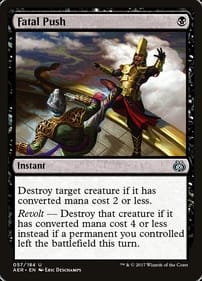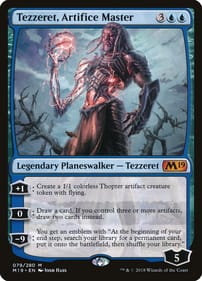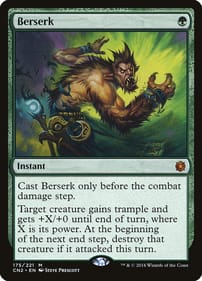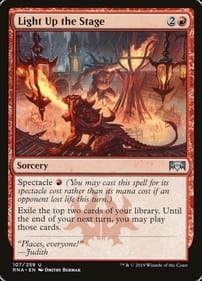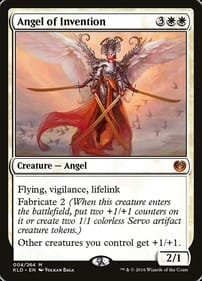Too Many Marvel Shows, True, but Comics Subsidiary Looks Good On Disney’s Balance Sheet
By Dan Brown Bob Iger spoke for many of us last week when he said, in essence, there’s too damn much Marvel content. The question is: How is this pronouncement by the Disney boss – and his plan to scale back spending by the corporation— going to affect the comics arm of the company? During an interview with CNBC, Iger, Disney’s CEO, said the sheer volume of Marvel streaming series and movies has reached the point where the audience has been “diluted,” meaning that Marvel fans haven’t been as excited about recent big-screen releases like this February’s Quantumania as they were back in the days of Endgame four years ago. And no wonder. The third instalment in the Ant-Man series is, for those keeping score at home, the 30th film set in the Marvel Cinematic Universe following 2008’s Iron Man. I mean, I love Paul Rudd as much as the next straight guy, but at some point even I have had my fill of his brand of non-threatening charm. Deciphering Iger’s ire, he appeared to be putting the blame on the avalanche of shows that were released by his Disney+ streaming service during the pandemic. And he’s got a point. I don’t know about you, but there are no longer a lot of people in my life who get excited whenever a new superhero show materializes on the small screen. No sooner had I finished watching 2021’s WandaVision than we were drowning in Marvel characters: the Falcon and the Winter Soldier, Loki, Hawkeye, Moon Knight, Ms. Marvel, She-Hulk, and they keep coming. They are making shows about characters I don’t even care about, which is saying something – I was raised on Marvel heroes in the 1970s and 1980s! Ah, the comics. I’m sure Marvel’s comics division won’t be spared from the billions of dollars in cuts that Iger signaled are in the offing, but there’s a simple fact of balance sheets that should shield it from excess financial pain. Simply stated, a comics company that is a subsidiary of a multibillion-dollar enterprise is going to appear on the financial statement as a cost-effective proposition because, compared with the investment required to make a movie, the cost of making a comic book or graphic novel is almost nothing – and the payoff is off the charts. As I’ve written elsewhere, my theory is that the purpose of Marvel’s comics is to serve as a kind of test kitchen where ideas can be thrown at the wall to see what sticks. Whether it’s Tony Stark donning a suit of armour for the first time, or a set of cosmic jewels that gives their possessor infinite power over reality, or a civil war pitting superhero allies against one another – those things all happened first in the pages of the comics. Groot. Thanos. Peter Parker. There are decades of stories about these characters to be mined by the writers of Marvel movies and shows. (There are so many comic and other adaptations coming out of Hollywood, it’s enough to make you wonder, in these days of a strike by movie writers, just exactly what Tinseltown scribes do, apart from plundering existing properties.) Another way of saying it is, Guardians of the Galaxy director James Gunn didn’t have to invent the Infinity Stones because artist/writer Jim Starlin did the hard part for him five decades ago. Perhaps I’m deluding myself, but I feel as though the cheapest talent working for Disney – those artists and writers who come up with the concepts that percolate upward into movies and TV shows – are going to be just fine. Or think about it this way: Freelance comic creator Jack Kirby, who arguably invented more characters and concepts than any other figure in comics history, in all the decades he toiled for Marvel (and DC), never had health insurance. Even years after Kirby’s death, I’d say Disney is getting its money’s worth out of him. Dan Brown has covered pop culture for 30 years as a journalist and also moderates L.A. Mood’s monthly graphic-novel group.



